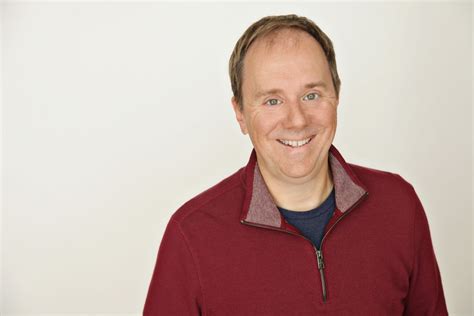A Quote by John Stuart Mill
Human nature is not a machine to be built after a model, and set to do exactly the work prescribed for it, but a tree, which requires to grow and develop itself on all sides, according to the tendency of the inward forces which make it a living thing.
Related Quotes
Today the human race is a single twig on the tree of life, a single species on a single planet. Our condition can thus only be described as extremely fragile, endangered by forces of nature currently beyond our control, our own mistakes, and other branches of the wildly blossoming tree itself. Looked at this way, we can then pose the question of the future of humanity on Earth, in the solar system, and in the galaxy from the standpoint of both evolutionary biology and human nature. The conclusion is straightforward: Our choice is to grow, branch, spread and develop, or stagnate and die.
We can see from the experience of Odin that the image of the tree was the template within which all of the sacred world could be apprehended. The tree was the framework within which one "flew" to these Otherworlds. And since the exploration of sacred space was also a quest into the nature of human consciousness, the tree was regarded as an image of the ways in which we, humans, are constructed psychically. It was a natural model for our deepest wisdom, our highest aspirations.
It is through you, actors, that the forces which are understood by millions and that tell of everything that is beautiful on earth, find expression. The forces which reveal to people the happiness of living in a widened consciousness and in the joy of creative work for the whole world. You, the actors of a theatre, which is one of the centres of human culture, will never be understood by the people if you are unable to reflect the spiritual needs of your time, the now in which you are living.
The Idols of Tribe have their foundation in human nature itself, and in the tribe or race of men. For it is a false assertion that the sense of man is the measure of things. On the contrary, all perceptions as well of the sense as of the mind are according to the measure of the individual and not according to the measure of the universe. And the human understanding is like a false mirror, which, receiving rays irregularly, distorts and discolors the nature of things by mingling its own nature with it.
Since education is not a means to living, but is identical with the operation of living a life which is fruitful and inherently significant, the only ultimate value which can be set up is just the process of living itself. And this is not an end to which studies and activities are subordinate means; it is the whole of which they are ingredients.
The havoc wrought by war, which one compares with the havoc wrought by nature, is not an unavoidable fate before which man stands helpless. The natural forces that are the cause of war are human passions, which it lies in our power to change. What are culture and civilization if not the taming of blind forces within us as well as in nature?
On the Bigotry of Culture: : it presented us with culture, with thought as something justified in itself, that is, which requires no justification but is valid by it's own essence, whatever its concrete employment and content maybe. Human life was to put itself at the service of culture because only thus would it become charged with value. From which it would follow that human life, our pure existence was, in itself, a mean and worthless thing.
Again, if the world is destroyed, it must needs either be destroyed according to nature or against nature. Against nature is impossible, for that which is against nature is not stronger than nature. If according to nature, there must be another nature which changes the nature of the world: which does not appear.
If you look at the ox-herding pictures - specifically the newer set of ten pictures rather than the older set of eight - you see that after the blank circle of the void, the cycle comes back to a river flowing by the roots of a tree (both strong symbols of nature, the life-force, the unconscious) and to the wanderer returning to the market place, which is the realm of human society and activity.
The mainspring of creativity appears to be the same tendency which we discover so deeply as the curative force in psychotherapy, man's tendency to actualize himself, to become his potentialities. By this I mean the organic and human life, the urge to expand, extend, develop, mature - the tendency to express and activate all the capacities of the organism, or the self.








































